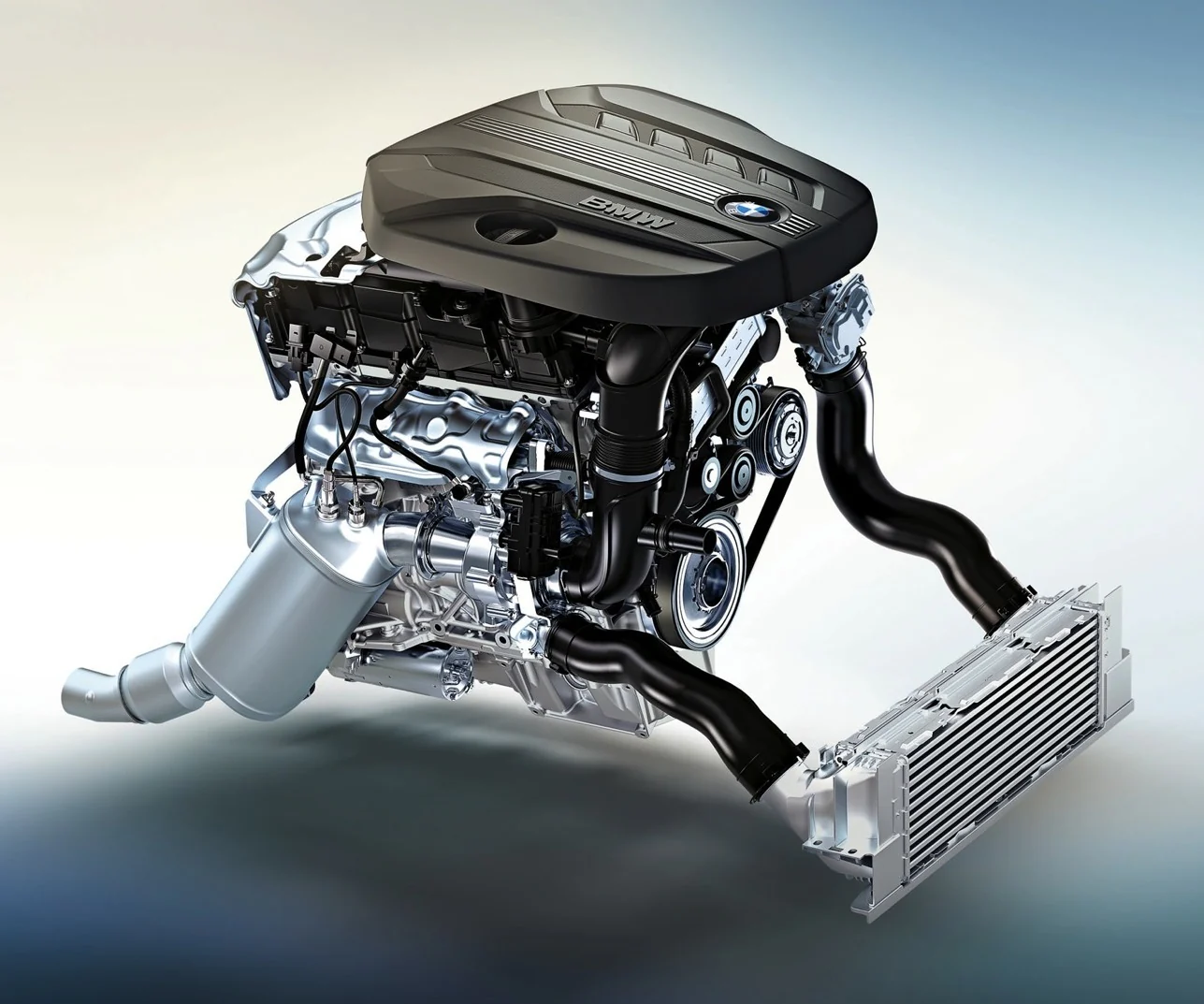The BMW B47 engine is a 2.0-liter inline-four turbocharged diesel engine that was introduced in 2014. It’s used in various models, including the BMW 1 Series, 2 Series, 3 Series, 5 Series, X1, X3, X4, and Mini Cooper D. While it’s generally considered to be an efficient and reliable engine, it’s not without its problems.
Common Problems with the BMW B47 Engine
Here are some common issues that owners and buyers should be aware of:
1. Timing Chain Stretch/Wear
Symptoms: Rattling noise from the engine, especially during startup or idling, and sometimes a rough idle or misfires.
Cause: The timing chain can stretch over time, leading to potential failure. This is often due to extended oil change intervals or poor-quality oil.
Fix: BMW introduced an updated timing chain design to address this issue. However, for earlier models, it’s recommended to replace the chain before it fails, which can cause severe engine damage. A good maintenance practice is to have it inspected around 60,000-100,000 miles.
2. EGR (Exhaust Gas Recirculation) Valve & Cooler Issues
Symptoms: Reduced engine performance, increased fuel consumption, check engine light, rough idle, or black smoke from the exhaust.
Cause: The EGR system can get clogged with soot, leading to issues with exhaust gas flow and cooling. In some cases, it can cause coolant leaks.
Fix: Regular cleaning of the EGR system can prevent buildup. BMW also issued a recall on certain models for EGR cooler replacement due to potential fire risks. It’s worth checking if the vehicle is affected.
3. Turbocharger Failures
Symptoms: Loss of power, whining noise from the turbo, excessive smoke from the exhaust, and potential limp mode activation.
Cause: The turbocharger can fail due to oil contamination, poor-quality oil, or clogged oil lines, which starves the turbo of lubrication.
Fix: Regular oil changes with high-quality oil and using OEM filters can extend turbo life. If you notice turbo issues early, replacing or rebuilding the turbo is less costly than a complete failure.
4. DPF (Diesel Particulate Filter) Blockage
Symptoms: Reduced power, warning lights on the dashboard, or limp mode.
Cause: The DPF can get clogged, especially if the car is driven mostly in short trips without sufficient highway driving to allow for regeneration.
Fix: Regularly driving on highways for 20-30 minutes at higher speeds can help regenerate the DPF. In severe cases, forced regeneration or DPF replacement might be necessary.
5. Injector Failures
Symptoms: Rough idle, misfiring, poor acceleration, increased fuel consumption, and engine knocking.
Cause: Diesel injectors can wear out or become clogged over time, especially if low-quality diesel fuel is used.
Fix: Periodically using a fuel system cleaner and ensuring high-quality fuel can extend the lifespan of injectors. If failure occurs, injector replacement is necessary.
6. Oil Leaks
Symptoms: Oil stains under the vehicle, low oil level warning, or the smell of burning oil.
Cause: Common areas for leaks include the oil filter housing gasket, valve cover gasket, and turbo oil lines.
Fix: Addressing these leaks early can prevent further damage. Regular inspections during service intervals can catch leaks before they worsen.
Maintenance Tips for Buyers and Owners
If you’re considering purchasing a BMW with a B47 engine or already own one, here are some maintenance tips to help you avoid major issues:
Regular Oil Changes:
Stick to a shorter oil change interval than BMW’s recommended 10,000-12,000 miles. Changing the oil every 5,000-7,000 miles with high-quality synthetic oil can help prolong engine and turbo life.
Check for Recalls:
Ensure that any recalls, particularly related to the EGR cooler, have been addressed. You can check with a BMW dealer or through the official BMW website using the vehicle’s VIN.
Use Quality Diesel Fuel:
Using premium diesel and occasionally adding a fuel system cleaner can help keep the injectors and DPF clean.
Highway Driving for DPF Health:
Periodic highway driving at higher speeds is crucial for proper DPF regeneration, especially if your driving pattern involves mostly city driving.
Inspect Timing Chain:
If you’re purchasing a used BMW with a B47 engine, ask the previous owner or dealer if the timing chain has been replaced or inspected. If the car has over 60,000 miles and there’s no evidence of a timing chain inspection, it’s a good idea to have it checked.
Listen for Unusual Noises:
Pay attention to any rattles, especially on cold starts, which could indicate timing chain or turbo issues.
Get a Pre-Purchase Inspection (PPI):
If you’re buying a used BMW, a pre-purchase inspection by a trusted mechanic who is familiar with BMW diesels can save you from unexpected repair costs.
The BMW B47 engine is generally reliable if well-maintained, but it is not immune to common issues like timing chain wear, EGR cooler failures, and turbocharger problems. By staying on top of maintenance, using quality fuel, and addressing issues promptly, you can enjoy a long and trouble-free ownership experience.
If you’re looking at buying a car with this engine, thorough research and an inspection are crucial to avoid potential costly repairs down the line.



